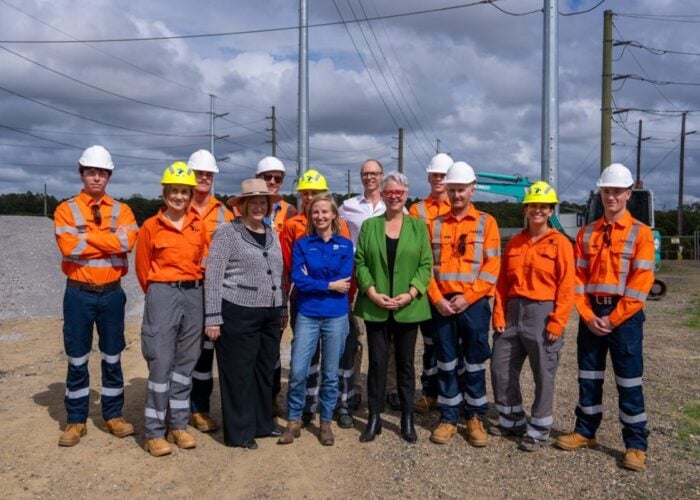Queen’s University in Kingston, Ontario, is spearheading the Open Solar Outdoors Test Field (OSOTF), a study that aims to investigate how diverse weather conditions effect a solar panels performance. eIQ Energy has signed on to help OSOTF by contributing its vBoost DC-to-DC converter modules on a solar array. The project is being conducted at a grid-connected solar panel testing facility that constantly measures the energy output of 95 different types of solar panels while relating their performance to meteorological data.
“The solar photovoltaic industry around the world is growing at an unprecedented rate, but there’s very little available information shared about the performance of solar cells in different outdoor environments,” explained Joshua Pearce, the project’s lead researcher and a professor in the Department of Mechanical and Materials Engineering. “This project is organized under open source principles, and when the data and analysis is complete, it will be made freely available to the entire photovoltaic community and the general public.”
Try Premium for just $1
- Full premium access for the first month at only $1
- Converts to an annual rate after 30 days unless cancelled
- Cancel anytime during the trial period
Premium Benefits
- Expert industry analysis and interviews
- Digital access to PV Tech Power journal
- Exclusive event discounts
Or get the full Premium subscription right away
Or continue reading this article for free
The study will start by focusing on the effects of snow on solar systems. By using eIQ’s vBoost modules, the researchers should be able to isolate each individual module on the bus and determine its specific performance data. Additionally, the team plans to use the vBoost unit’s MPPT algorithm to control modules at their peak efficiency power production point allowing them to gather independent data on each module while they are all attached to a single central inverter.
The compiled results will be published later this year with OSOTF researchers planning to conduct future experiments for solar systems including novel system layouts, low-level concentration and the effects of spectral composition on solar cell performance. As with this first round of research, all data and analysis will be made available to the public.
For more information on the OSOTF study, click here.






